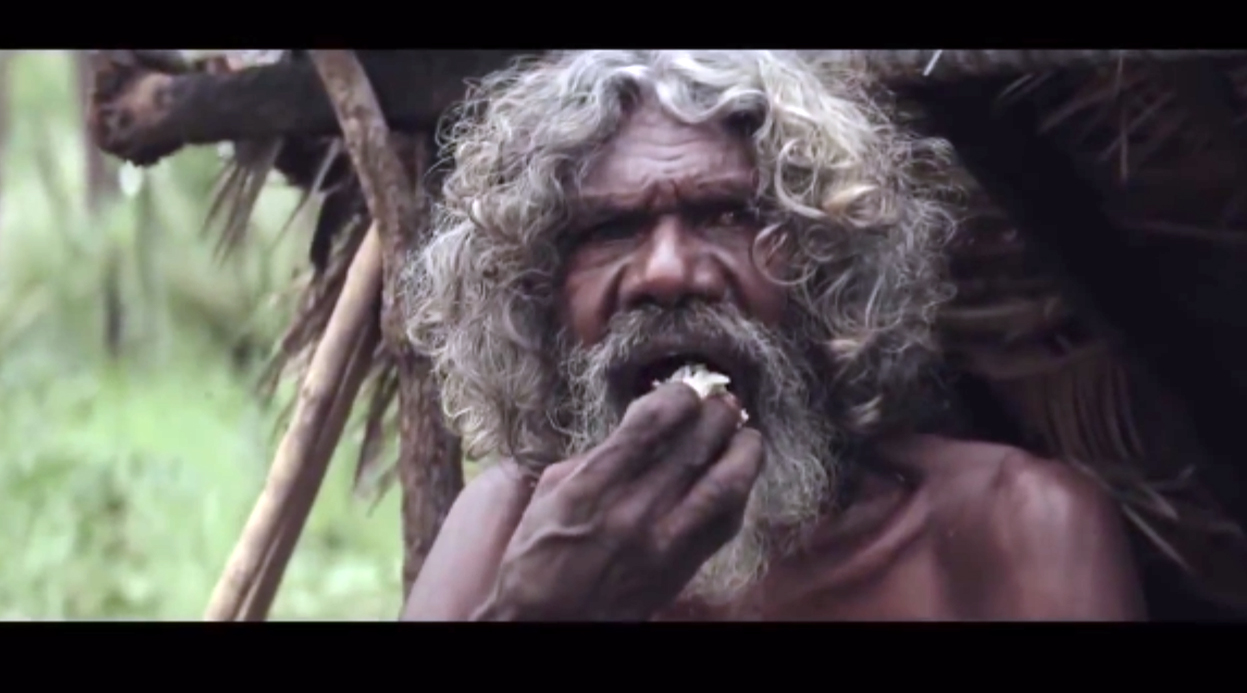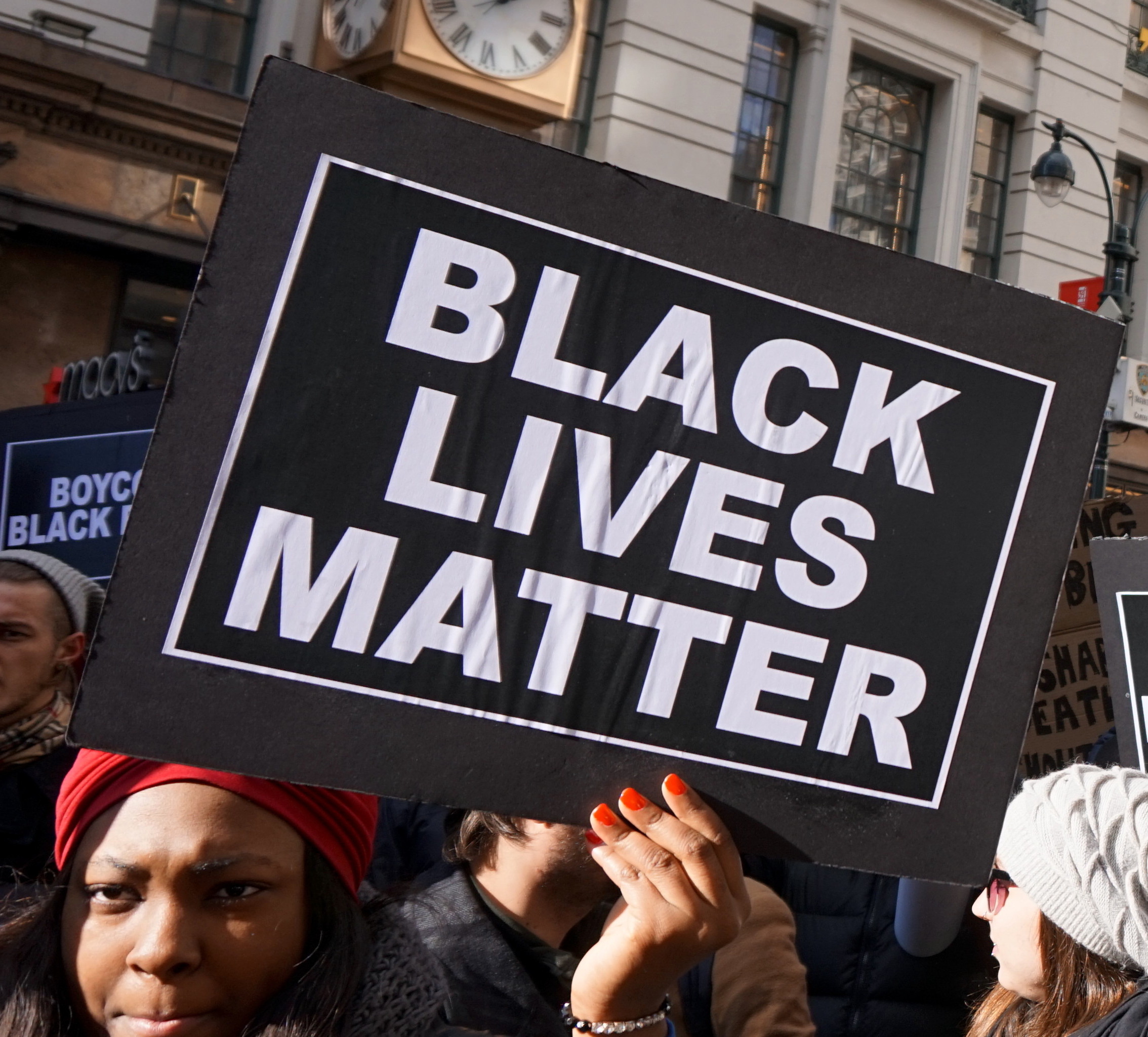“There’s Lots of Food in the Bush”: Food and Self-Determination in Indigenous Australian Films

“I know you’re sick. It’s all that whiteman junk food we eat,” the elderly Aboriginal protagonist Charlie remarks towards his terminally ill friend. The Australian drama Charlie’s Country (directed by Rolf de Heer), which had its world premiere at the Adelaide Film Festival in October 2013, presents a fictional engagement with community life in the Northern Territory after the implementation of the Intervention. De Heer’s film emphatically addresses Indigenous people’s disadvantages—especially in relation to food and health issues. Since healthier options are inaccessible, Charlie and his community rely on the unhealthy food they can buy from the general store of their community and are consequently made ill by their diet. Charlie would prefer to hunt rather than consume the “whiteman…

